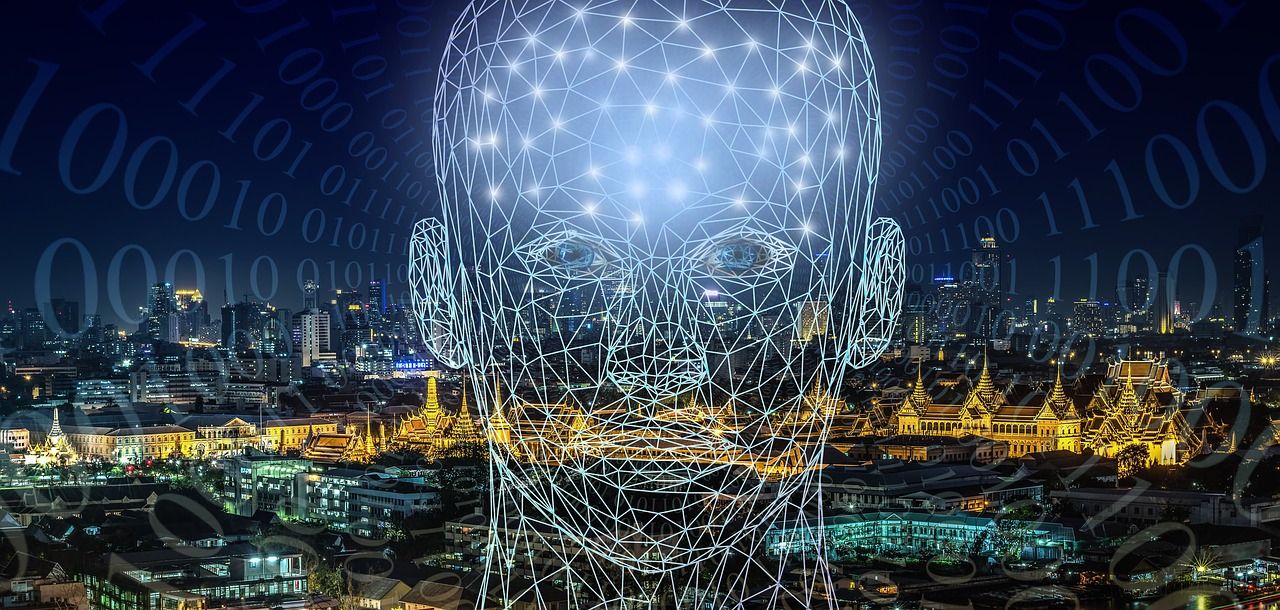- Rather than obsolescing human labor, AI will actually create more jobs.
- Embracing AI allows us to rethink how we organize workplaces, enhancing efficiency and creativity within the workforce.
Artificial intelligence (AI) is not a threat to employment but rather a driver of innovation that could create new sectors for growth and fuel existing industries. That’s per a recent BanklessTimes.com data presentation. The site reports that AI fields will employ up to 100 million people by 2025. This is good news for the job market, as it suggests that rather than obsolescing human labor, AI will actually create more jobs
In the wake of the global pandemic, AI has seen exponential growth, with industry leaders like Microsoft and Google investing heavily in its development. That move has elicited great speculation and debate, with some experts painting a gloomy picture of future employment prospects. But new findings are discounting those suggestions.
The CEO of BanklessTime has been following the trend of increasing AI adoption in workplaces. He argues that while AI has the potential to automate many tasks, it will not result in large-scale job losses. Instead, it will lead to the emergence of new roles for those whose skill sets align with this new technology. He insists that rather than fear AI’s advancement, we should embrace it as a tool that could help to create a bright future for us all.
He affirms,
BanklessTimes CEOThough it may seem intimidating at first glance, embracing artificial intelligence does not necessarily mean that robots will replace all human labor. Rather, it provides a unique opportunity for us to rethink how we organize our workplaces and usher in a new era of efficiency and creativity within the workforce. By leveraging this technology responsibly and incorporating it into our current practices wisely, we have the potential to unlock dramatic improvements in productivity, while also creating exciting opportunities for skilled professionals who are able to adapt their expertise accordingly.
What Impact Could AI Have at the Workplace?
Most notably, AI has the potential to automate tasks that humans have conventionally done. This could lead to fewer manual labor jobs in some industries; however, it would also create more opportunities for higher-level positions that necessitate more specialized abilities.
For example, an AI system can be set up to carry out menial tasks such as data entry or scheduling appointments; however, humans can remain involved in complex decision-making processes or creative problem-solving activities, which would require more advanced skill sets.
Additionally, AI tools can help managers monitor team performance and provide insights into employee progress over time so they can better adjust their expectations accordingly. This also means that employers have access to much more accurate data when making crucial decisions regarding staffing levels or daily operations management—something that was not easily achievable before the advancement of AI technology.
Another area where AI can influence work is in terms of personalization. Many companies are already adopting personalized experiences through intelligent marketing tactics such as targeted ads or customized content recommendations; likewise, these same techniques could be used in the workplace to tailor job searches or optimize training programs for individual workers.
While some jobs may become obsolete as automation increases its presence in the workforce, this doesn’t necessarily mean that these jobs will permanently disappear. Instead, they may evolve depending on how far companies utilize AI technology. For example, customer service representatives may no longer need to respond to customer inquiries face-to-face but rather through virtual agents powered by AI systems.
AI Adoption Will Increase Demand For Specialized Skills
In addition to reshaping existing professions, AI has created brand new roles, such as Artificial Intelligence (AI) engineers who develop algorithms for machine learning systems or robotic process automation (RPA) professionals who design robot workflows. These kinds of positions require highly specialized tech skills that many individuals don’t have yet, so there’s a huge opportunity here for those looking to enter the field now.
As AI becomes more advanced and capable of taking on more complex tasks, the roles and responsibilities of individuals working in AI-related fields are also changing. In addition to traditional computer engineering positions, there are now new roles like data scientists, AI architects, and machine learning specialists. These professionals help develop and implement solutions that leverage the power of artificial intelligence to increase efficiency and productivity in workplaces worldwide.
In addition to working with machines, individuals can also be trained in human-machine interaction. This is an incredibly important field as it helps companies understand how best to design interfaces between humans and machines so that they can interact most efficiently. This could include developing systems for voice recognition or natural language processing so that conversations between humans and machines go smoothly.
As AI jobs continue to proliferate, there is also a need for experienced professionals who can manage these teams effectively and ensure maximum efficiency when using AI technologies. This requires people with strong leadership skills who are able to identify challenges within a team before they arise and address them quickly without compromising on the quality of output.
Overall, whilst there may be significant disruption caused by the growth of Artificial Intelligence over the next few years due to the automation of tedious tasks, human workers should still remain central to many organizations due their ability to think creatively about solutions beyond what any machine could come up with.













